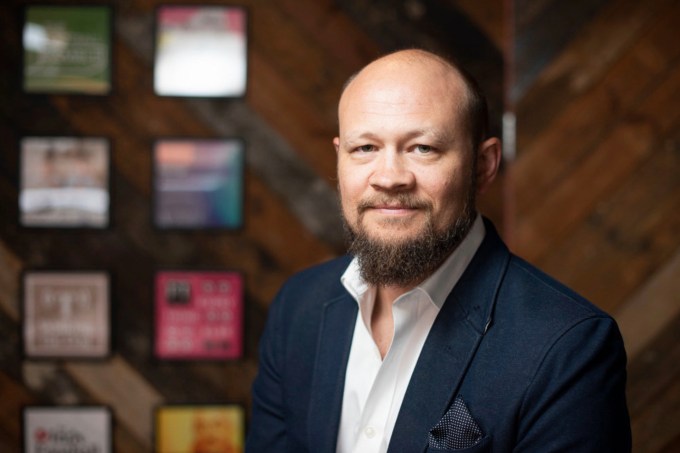Podcasting has grown tremendously in recent years, and a Stockholm-based company called Acast is looking to help all those podcasters make money.
Acast is announcing today that it has raised $35 million in Series C funding, bringing its total funding to more than $67 million. Investors in the round include AP1 (which manages some of the capital in Sweden’s national income pension system), as well as Swedbank Robur funds Ny Teknik and Microcap.
Ross Adams, who became Acast’s CEO last fall, told me that the money will allow Acast to expand, both in terms of its product offerings and the geographies where it operates.
The company has focused on bringing technology to the surprisingly old-fashioned world of podcast advertising. In fact, it pioneered the practice of dynamically inserting ads into podcasts — as opposed to the model where (as Adams put it), “When you listen to a five-year-old podcast, you’ll hear the host read a five-year-old ad.”
Earlier this year, it announced a partnership with the BBC, allowing the BBC’s podcasts to remain ad-free in the United Kingdom while inserting ads everywhere else.
“We don’t mind if your show is absolutely huge or absolutely tiny,” Adams said. “The model we have allows a serious mainstream publisher like the BBC to monetize — or a bedroom podcast hobbyist.”

Ross Adams
At the same time, Adams wants Acast to support other business models. It’s already experimenting with paid, premium content through its Acast+ app, but it sounds like there are more paid podcast products in the works: “We want to be that central point of monetization, [whether] they make money through advertising or they’re looking at premium offerings.”
As for geographic expansion, Acast says it launched in Ireland, New Zealand and Denmark this year. It also plans to grow in the United States, which currently represents 25 percent of all listens on the platform.
Acast is also looking to bring podcast monetization into new hardware — Adams said the company has spent much of the past year focused on the smart speaker market. Those speakers present new opportunities for content (Adams said it’s less about “longer-form storytelling” and more “short-form shows for your daily consumption in the morning”), and new challenges for advertising.
Adams is hoping that if Acast can solve those challenges, it won’t just be monetizing the smart home market, but also moving into cars and anywhere else you might find “voice-enabled technology.”
https://ift.tt/2G1Xtna Acast raises $35M to help podcasters make money https://ift.tt/2KTAgm0













0 comments
Post a Comment